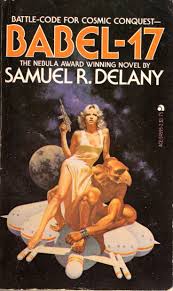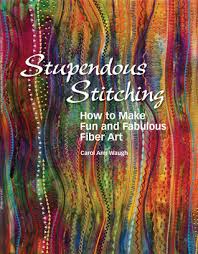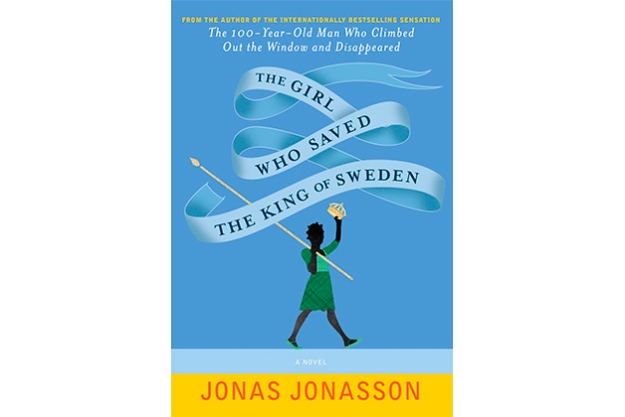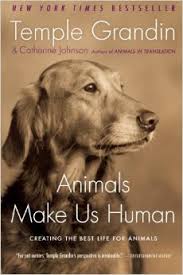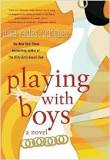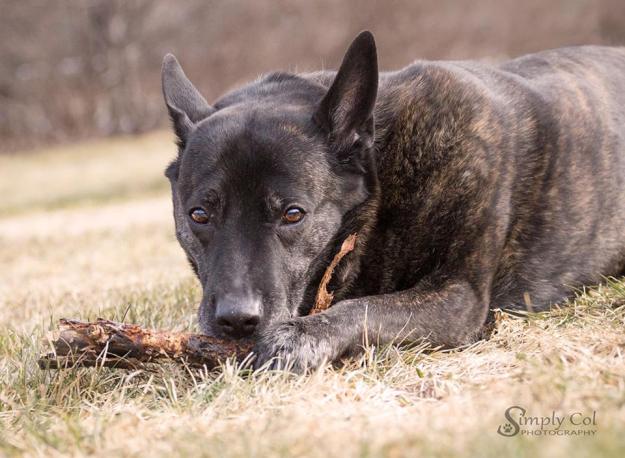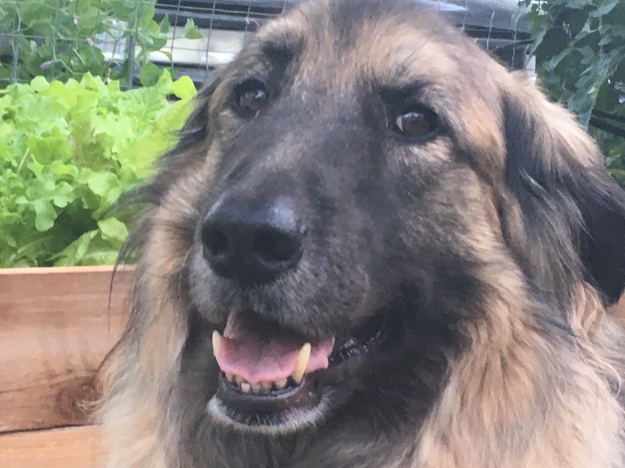
The Fluffy Dog is a happy guy!
I woke up to someone touching my foot. I assumed it was my sweetie passing by the foot of the bed, so I pulled my foot away to give him more room, and as I moved, I realised that he was actually still in the bed with me.
Must have been the dog, I thought, still half-asleep. So I stretched my foot out over the end of the bed to poke the Fluffy Dog and see if he was standing up. What I encountered with my foot was something that felt like a very large, tightly-packed duffel bag. That woke me up completely: oh my god, something fell on the dog!
I flung myself out of bed, grabbed my glasses, and reached for the light switch all at the same time. But what I saw when the light went on was confusing. There was something large on the floor wedged between the foot of the bed and the cupboard, and I could see the back end of the Fluffy Dog stretched out beyond it.
It took me a moment to understand what I was seeing: a large person was crouched right down on the ground, with their arms wrapped around my dog. I couldn’t understand what was going on! As a very light sleeper, it was incomprehensible to me that someone could have come right into my house and my bedroom at night without waking me up, especially given the mid-moving state of my house (think Obstacle Course meets Hoarders). (Meanwhile, my sweetie is out of bed: “what the hell…?”) The only thing that made sense to my groggy brain was that it was my brother who was somehow in trouble or drunk or sick and who decided to take comfort with the Fluffy Dog rather than wake me up.
So I said, “Hey. Hey!” and reached down to the scruff of the intruder’s neck, grabbed hold of their hoodie, and started hauling upward. The person offered no resistance, but as I pulled his head up, we could see that this was definitely not my brother. This guy was a stranger. A BIG stranger. “This dog brought me here,” he said. He was young, like late teens? He repeated: “This dog brought me here” and my sweetie said “Dude, you have to leave” as I moved away from the bedroom door so the guy could leave. “This dog brought me here!” By now he was almost standing; it all happened so fast. “Okay man, but this isn’t your home and you have to leave now,” my sweetie told him.
Now the stranger started turning around to face me and the door: “I thought this was my group home. Where’s my group home?”
“I think it’s across the street,” I told him. “I’ll show you.” He bent to pick up his backpack which he had placed neatly by the bedroom door, and looked back at the Fluffy Dog. “This dog. This dog brought me here. Where’s my group home?”
I flipped on the hallway light and let the confused young man precede me to the back door. He let himself out the side gate and I closed it behind him, not waiting to see if he got to the group home across the street.
And then I sat down with the shakes. Of course I didn’t sleep for the rest of the night, for many reasons. All of the “what ifs,” of course, the horrible things that could have happened if that person had been someone violent. Or if we had found him in my stepdaughter’s bedroom instead of ours. Or if my Fluffy Dog had made even a single squeak of pain or fear. All the violence that could have erupted from him or from us. But also the shattering of my belief that my sensitive hearing and my being a light sleeper will protect or forewarn me of this kind of thing. For thirteen years, I have slept most summer nights with that back door open for the breeze. No more. It is a huge change in my self-perception.
The young man smelled like he’d had a bit to drink, but he didn’t stink of booze. He seemed more lost, confused, and perhaps scared than drunk or angry. The next morning I texted the manager of the group home across the street but it turns out this wasn’t one of their clients. I sure hope he got home okay.
But the most amazing thing to me was the Fluffy Dog. He has really come into his own since the Brindle Dog died in May. That’s often how it goes: the next dog gets to bloom once the bossy paw of the eldest dog is lifted. It is clear now that he would have been a marvelous therapy dog.
The Brindle Dog would have gone ballistic if a stranger entered the house (which is probably part of the reason I felt so safe at night). Even when known people entered, she was all bark and growl and spit and gleaming fang.
But the Fluffy Dog is a different sort. As that stranger crouched down on the floor and clutched him, the Fluffy Dog was powerfully calm. He worked hard to comfort that confused young man, to create and maintain a safe little space for him, to make him feel seen and held.
And it worked. Not just on the mystery intruder, but also on me and my sweetie. In a situation where any of us could have panicked and escalated things, we were all calm and reasonable. I am actually quite amazed at that. I don’t know that young man, of course; perhaps he is always so low-key. But my partner and I can both lose our shit lightning quick if we or someone we love is being threatened. That night, with a stranger in our bedroom in the middle of the night, and my partner’s daughter in the room across the hall, we barely even raised our voices. Nobody moved quickly. Nobody lost their temper. I don’t know how to explain this other than by the hard work and skills of the Fluffy Dog.
It’s hard to write this and harder to tell people about it. Partly because I get flak for sleeping with my door open. But mostly because I am such an anti-woowoo person. I don’t want people to laugh at me for believing my dog has some kind of mental valium-like superpowers. Or for believing that my dog was a huge factor in getting us all through that situation safely and calmly. I’m the one who looks down my nose at blind faith, who adores the scientific method. I know there’s stuff we can’t explain yet, and I’m willing to reserve judgement on most of that, but the facts about a lot of things are already out there and I’m pretty contemptuous of people who ignore them (I’m looking at you, anti-vaxxers) or who put their faith in movie stars for health advice (jade eggs / glitter in your vagina, really?), for example.
But the Fluffy Dog has done this before, at least once that I know of:
A few weeks after the Brindle Dog died, I had a full-on panic attack for the first time in a long while. I was in the bedroom folding my laundry when the shakiness and nausea started, and then the tightness in my chest, and then the whimpering. I was trying to take calming breaths, to focus on things around me, to use my strategies. But the crying started and both my sweetie and the Fluffy Dog came rushing into the bedroom. I was crying and gasping “I’m sorry, I don’t know what’s wrong with me, I think I’m dying, I’m so sorry” and my partner was trying to parse out what was going on and what he could do for me.
But the Fluffy Dog shoved himself past my sweetie’s legs and pressed his body against me so I was tucked snugly between him and the wall. That good dog turned his head watched me very seriously, his expression calm but intense, and he didn’t let up the body pressure even when I threw my arms around him and sobbed into his fur.
The Fluffy Dog stayed with me that day until the last shakiness had subsided, and then he climbed onto the bed with me afterward when I was completely exhausted and ready for a nap. He took it all very seriously, and knew just what to do. It was immensely reassuring and calming to be “held” by the pressure of his body like that, and to feel seen and loved.
So as weird or woowoo or unscientific as it sounds, I think my good hardworking dog knew exactly what he was doing when he helped me through my panic attack. And he knew exactly what he was doing when he helped all three of us through that stranger’s visit in the night.
This dog is my dear friend and an absolute goofball. But also—no matter how self-conscious I am about saying this—, he is a creature of immense power. I believe in him and I feel tremendously lucky to be protected by him.

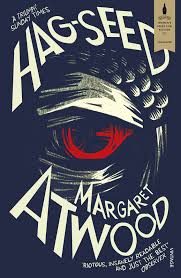

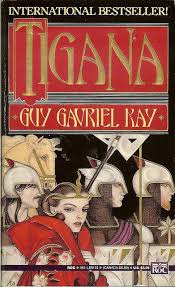

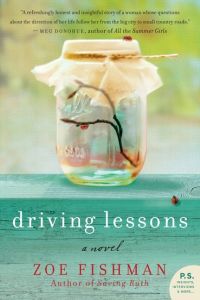
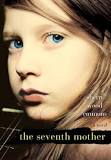
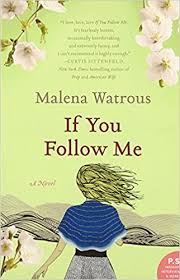
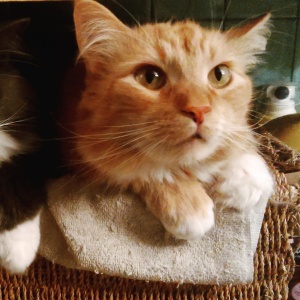
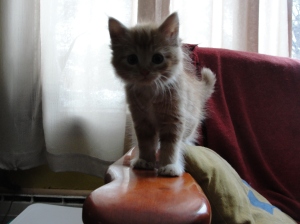
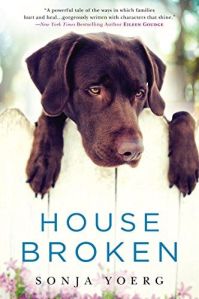
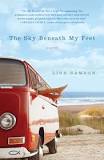

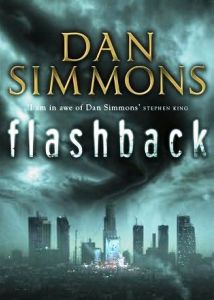
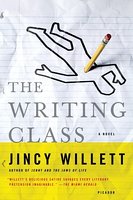
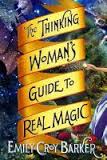
![DSC_0044[1]](https://strongroot.files.wordpress.com/2016/05/dsc_00441.jpg?w=576&h=1024)
![DSC_0040[1]](https://strongroot.files.wordpress.com/2016/05/dsc_00401.jpg?w=625&h=352)
![DSC_0041[1]](https://strongroot.files.wordpress.com/2016/05/dsc_00411.jpg?w=625&h=352)
![DSC_0043[1]](https://strongroot.files.wordpress.com/2016/05/dsc_00431.jpg?w=625&h=352)
